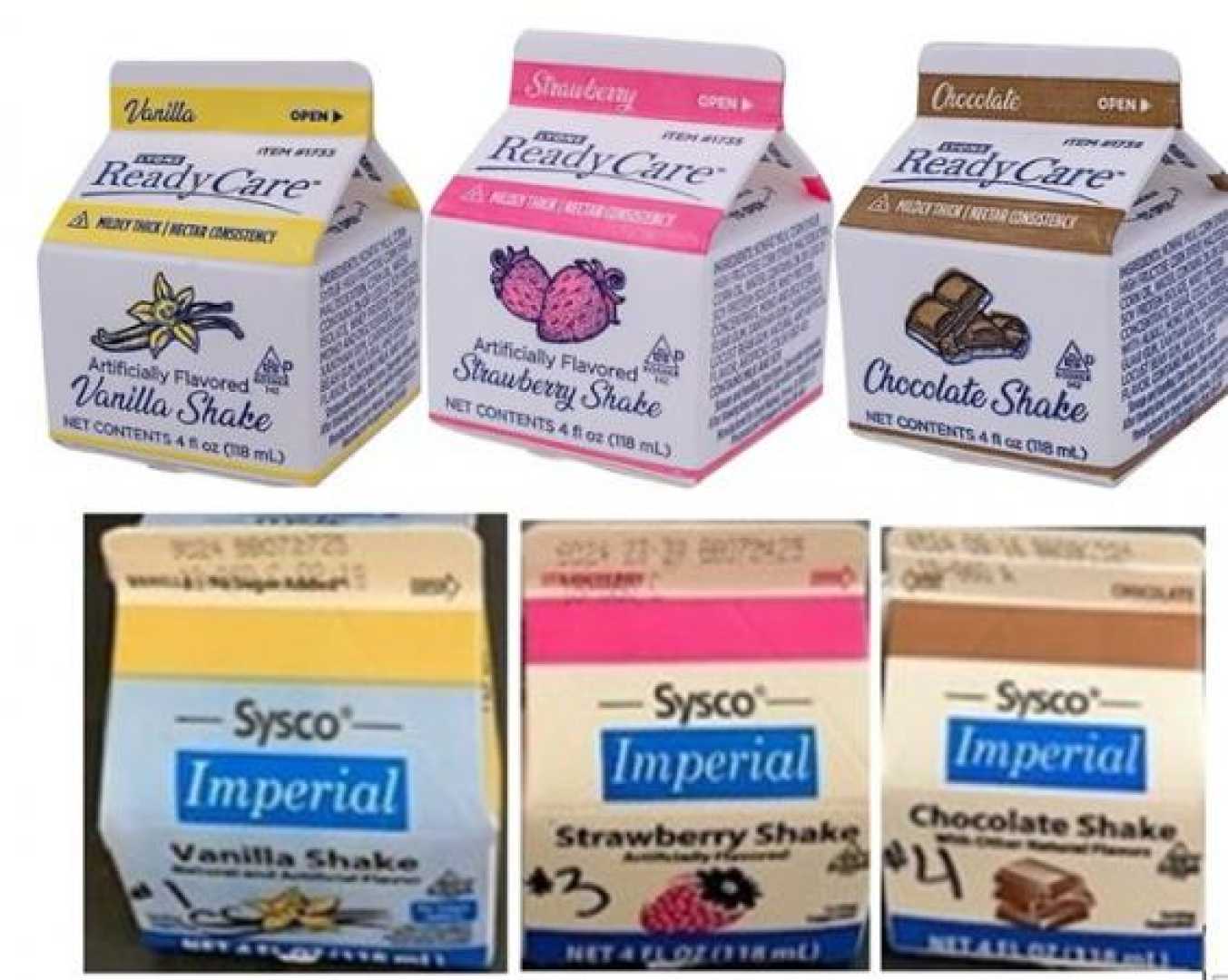Health
Nationwide Recall of Frozen Shakes Linked to Listeria Outbreak

WASHINGTON — A nationwide recall of frozen supplemental shakes has been issued following a listeria outbreak linked to the products, which has resulted in 11 deaths and 38 illnesses since 2018. The U.S. Food and Drug Administration (FDA) announced the recall on Friday, identifying the affected shakes sold under the Lyons ReadyCare and Sysco Imperial brands.
The outbreak, primarily impacting residents of nursing homes and hospitals, is attributed to Listeria monocytogenes, a potentially deadly bacteria, particularly dangerous to older adults and those with weakened immune systems. The recalled products were distributed mainly through foodservice channels to healthcare facilities.
According to FDA reports, genetic testing has confirmed that strains of listeria found in infected patients matched samples from the contaminated shakes. This alarming link has raised significant concerns about food safety protocols within the industry.
Dr. Janey Wong, a spokesperson for the FDA, stated, “This outbreak highlights the critical importance of strict hygiene measures in food production, particularly for products consumed by vulnerable populations.” The FDA is collaborating with Lyons Magnus and Prairie Farms Dairy, Inc. to identify the contamination source and explore the need for further recalls.
The investigation revealed that listeria infections associated with the shakes have been recorded since 2018, with investigations failing to pinpoint the contamination source until now. Most reported cases occurred in patients residing in long-term care facilities, where the average resident is older and more susceptible to severe effects of foodborne illness.
Current statistics indicate that nearly 90% of those affected were hospitalized, and 11 individuals lost their lives. Reports of listeria infections have emerged from multiple states, including Alabama, California, Colorado, Florida, Illinois, Indiana, and New York, among others.
Healthcare providers are urged to immediately discard all affected products to prevent further illness. Unlike individual consumers, nursing home residents do not have the autonomy to choose their meals, which underscores the gravity of such outbreaks in institutional settings.
Research in the American Journal of Infection Control emphasizes that foodborne illness outbreaks in healthcare facilities often lead to higher hospitalization and mortality rates than those in the general population. With symptoms of listeriosis—including fever, muscle aches, nausea, and confusion—often misattributed to age-related issues, early diagnosis can be challenging.
The Centers for Disease Control and Prevention (CDC) indicate that listeria is the third leading cause of death from foodborne illness in the United States, accounting for approximately 260 deaths annually. Symptoms could develop as early as the same day or as late as 10 weeks after consuming contaminated food.
As of the latest updates, the FDA is reviewing the safety protocols of Sysco and Lyons Magnus, with both companies facing scrutiny regarding past recalls. In 2022, Lyons Magnus voluntarily recalled several nutritional and beverage products due to microbial contamination issues, raising further concerns about the company’s quality control standards.
Meanwhile, healthcare providers and foodservice operators throughout the country must take extra precautions and reinforce food safety measures to protect the most vulnerable populations. As investigations continue, the FDA and other health authorities are committed to preventing similar outbreaks in the future.
This incident serves as a critical reminder of the necessity of stringent food safety measures, especially in healthcare environments where vulnerable individuals rely on safe food sources for their nutrition.












